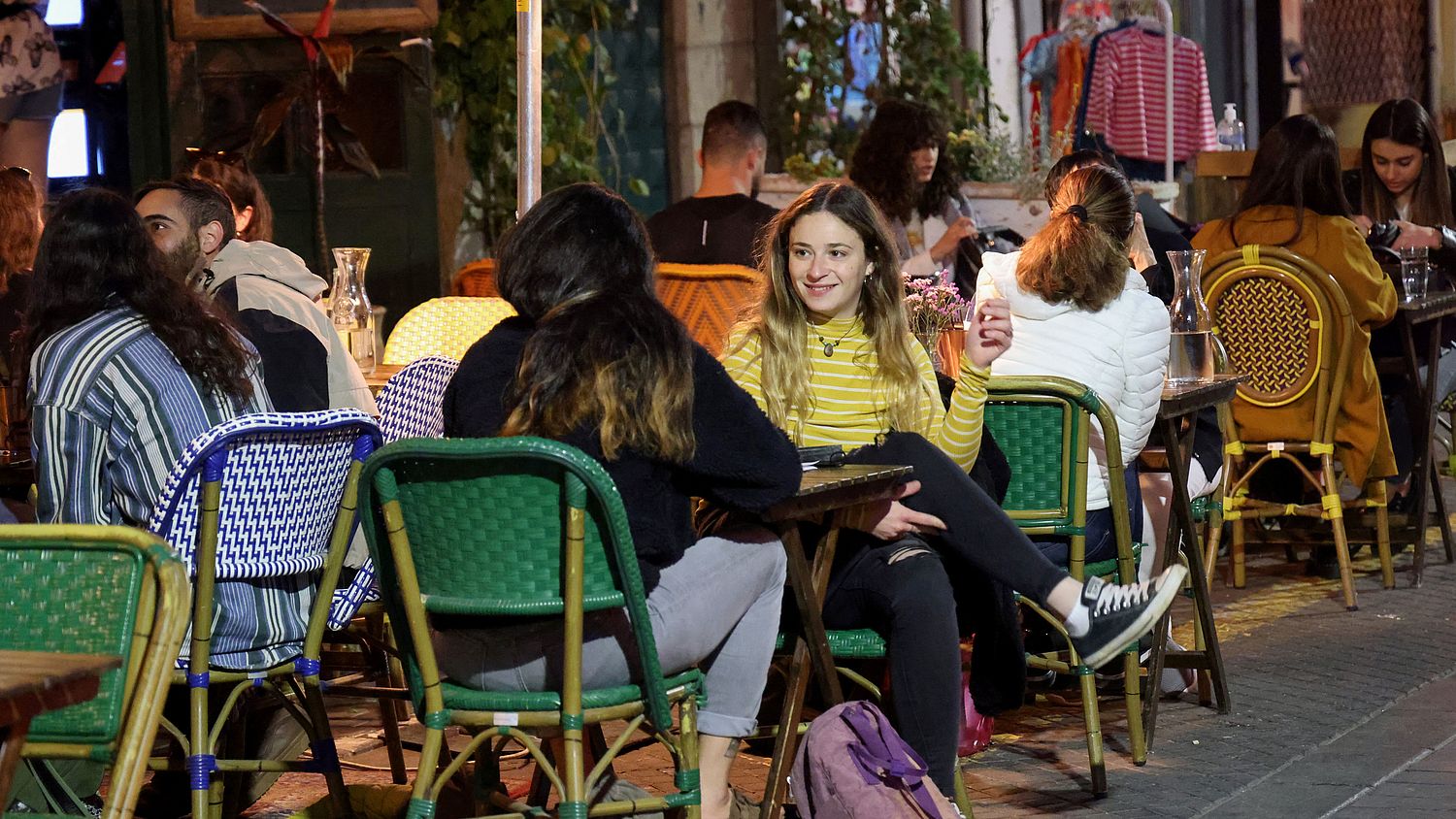Israel is number 1 when it comes to vaccination. More than half of the population has already received a first corona pepper. Step by step, life is returning to normal, but at the same time there is ‘enormous polarization’ in the country.
In recent weeks, more and more has been possible in the country. Restaurants, bars, shops, garden centers, gyms, theaters and museums can again receive people. Recently there was even a concert with hundreds of attendees. But all this is subject to a strict condition. You must have a special ‘green passport’ with which you can prove that you have been vaccinated.
‘Very surreal’
Ohad Ethan, who lives and works with his husband and two children in Tel Aviv, gives us a tour on his phone, including visits to the hairdresser. By showing the green passport, you can just drop by here for a haircut. The owner’s vaccination certificate hangs on the wall of the salon.


